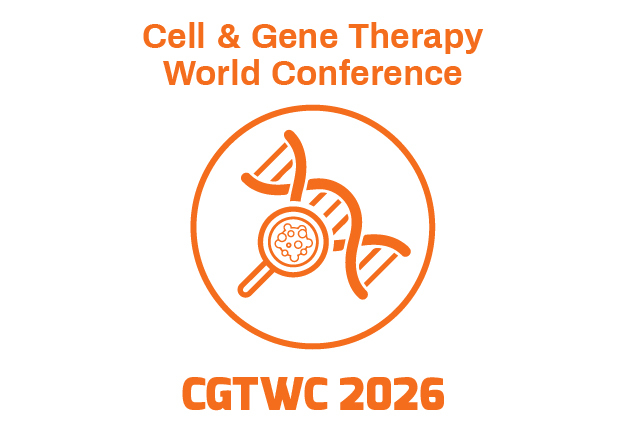Speakers - 2025

Samarah Arjumand
Samarah Arjumand
- Designation: BRAC University
- Country: Bangladesh
- Title: Broadening the Horizon of Therapeutic Possibilities with CAR T Cell Therapy: A Versatile Tool Relevant Beyond Cancer, Convention and Personalization
Abstract
Chimeric Antigen Receptor -T (CAR-T) cell therapy, originally developed to precisely target malignant cells, has rapidly evolved into one of the most versatile tools in modern medicine. Although all of the seven approved products to date have been indicated for the treatment of cancer, particularly for haematological malignancies, the underlying principle is now being adapted to address an expanding array of diseases. This includes autoimmune conditions such as Systemic Lupus Erythematosus (SLE), neurodegenerative diseases such as Amyotrophic Lateral Sclerosis (ALS), viral infections such as Sars-CoV-2 and so on, all of which have shown positive outcomes in preclinical models through targeted CAR-T therapies [1,2,3].
Additionally, the CAR construct itself, is undergoing continuous improvements, with sophisticated engineering allowing for multivalent targeting. These next-generation CAR structures such as SynNotch CARs, Universal CARs, Inhibitory and programmable Logic-Gated CARs exhibit groundbreaking modifications to the conventional CAR designs [4,5,6,7]. These advancements are successfully addressing major challenges such as on-target-off-tumor toxicity, T-cell exhaustion and immune evasion, which are particularly promising for targeting solid tumors with immunosuppressive microenvironments. Moreover, in addition to the T cell-based therapy, the same CAR approach is being extended to develop CAR-NK and CAR-Macrophage cells, leveraging the unique capabilities of said immune components and a dual targeting CAR-NK cell therapy has already reached its first human administration [8,9].
Furthermore, as the field progresses, there is a concentrated effort to transition towards allogenic, off-the-shelf product development from the highly patient-specific autologous approach to make this therapy scalable, widely accessible and thus considerably affordable. In preclinical trials, promising results have been seen with CAR-MAIT cells against B-cell lymphoma and breast cancer models [10]. Additionally, the first Phase-I clinical trial using allogenic anti-CD19 CAR-T cells (TyU19) has been conducted for R/R SLE, demonstrating its potential for broader clinical application [1].
This poster explores the expanding applications and ongoing innovative advancement in the CAR-T cell therapy field, establishing itself as a revolutionary and multi-faceted tool, for not only cancer treatment but also a diverse range of diseases.

